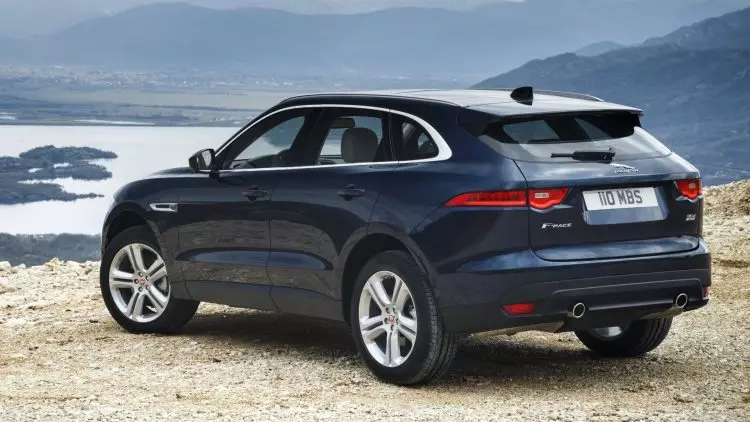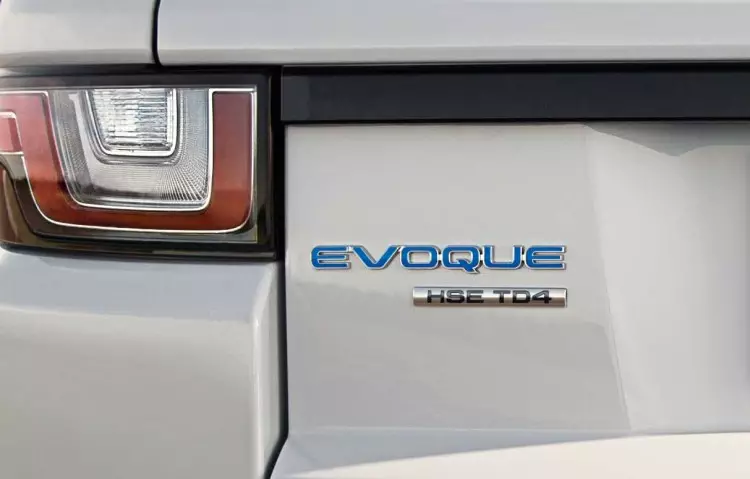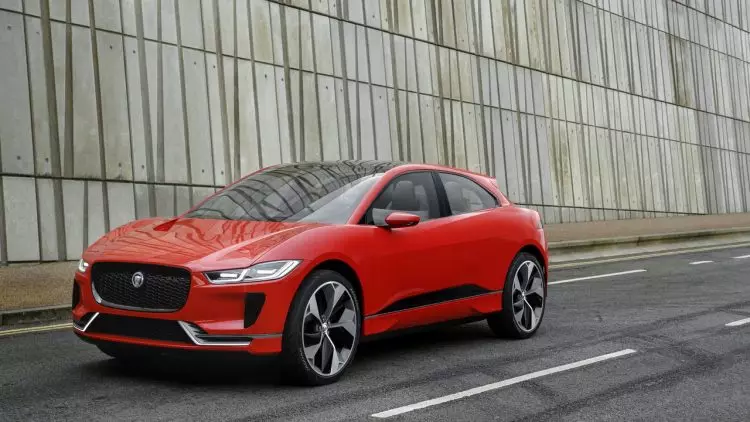It can be said that the last 18 months have not been easy for Diesels. The upcoming regulatory changes will have a definite impact on the fate of Diesels.
New emission standards and new homologation tests will result in the progressive end of Diesel proposals in the lower segments. However, other measures, of a more political nature, such as those that the European Union has already proposed, will accelerate the end of this type of motorisation.

Ralf Speth, responsible for Jaguar Land Rover (JLR), against the current, defends this technology and its essential role in complying with increasingly restrictive standards:
“The latest Diesel technology is really a step forward when it comes to emissions, performance, particulates; it is better for the environment when compared to a gasoline. Diesel has to – needs to – have a future.”
NOT TO BE MISSED: The Automobile Reason needs you
According to Speth, the diesel emissions problem affects the entire transport industry and not just cars. It is practically the only type of engine for taxis, commercial vehicles and heavy vehicles for transporting passengers and goods, being among those that most contribute to air pollution, especially in large urban centers.
“Anyone can see that the black smoke coming out of old Diesels is bad. We have to replace them with new ones.”
Speth distinguishes between old and new Diesels. The technology has evolved to the point where, nowadays, they are considerably cleaner, complying with the demanding legislation in force. The demonization that happens today puts everything in the same "bag", which, according to him, is a mistake.

Not only Jaguar Land Rover, but the European car industry continues to be overly dependent on Diesel technology. Therefore, this precipitous departure could affect the continent's ability to meet the targets set by the European Union for CO2 emissions. It is a technology that allows the continuous reduction of emissions, serving as a transition solution until hybrids and electrics really manage to be the default option in the market.
Dieselgate was the beginning of the demonization of Diesel, which Speth refers to: “This kind of software manipulation is not acceptable. Unfortunately, the entire car industry is affected, not just Volkswagen”. Among the consequences of the scandal, according to this responsible:
“Nobody believes in the car industry anymore. They see us as transgressors where we do not provide the correct information. We have to demonstrate that our technology is the best they can buy, in terms of reducing damage to health and the environment.”
Battery-powered electric vehicles are the future
Of course, there is no definitive date for the end of diesel cars. The transition will take place in parallel, with multiple technologies being developed and commercialized simultaneously, as we already see happening.
However, this scenario entails additional monetary efforts on the part of builders. They will have to continue to develop internal combustion engines – diesel and gasoline -, and they have to develop hybrids and electrics.

According to Speth, battery-powered electric vehicles will be the future. He predicts that by 2025, 25 to 30% of vehicles sold by Jaguar Land Rover will be purely electric. By 2020, half of the group's models should have some type of electrification, from mild-hybrids (semi-hybrids) to 100% electric vehicles, such as the future Jaguar I-Pace.
As for the other competing technology, fuel cells – fuel cells that use hydrogen - Ralph Speth does not see a great future, since “from an environmental point of view, they are poor”.
